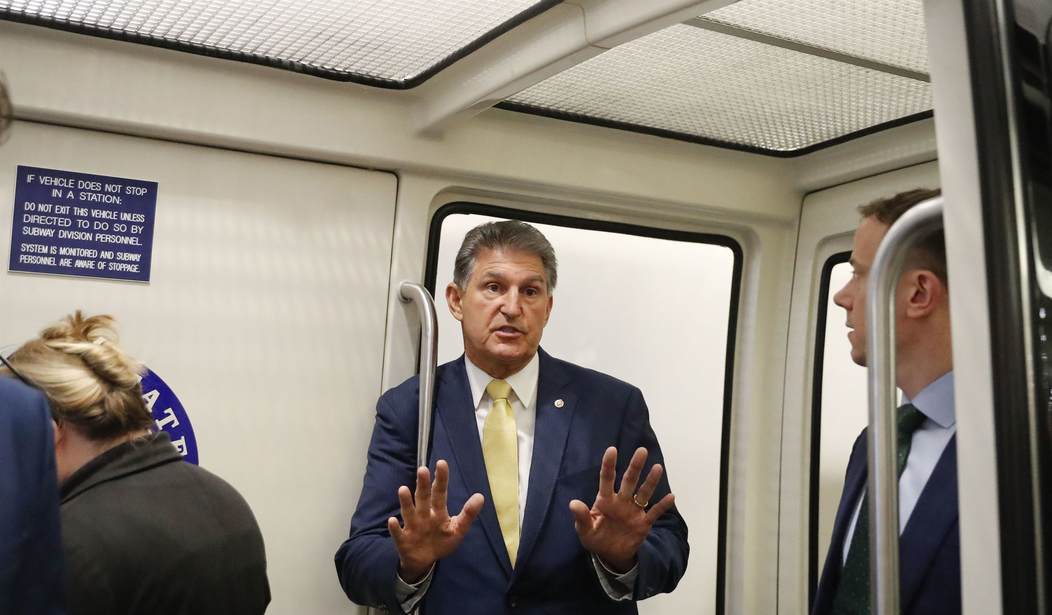And that should put a spike through it — assuming no Republicans cross over to promote SB1 in the Senate. Joe Manchin told ABC News yesterday that the Democrats’ attempts to push through their version of the House’s radical HR1 voting reforms kept ending up in partisan deadlocks in committee. Manchin wants to start over with a bill that has more bipartisan buy-in:
Sen. Joe Manchin is breaking with Democrats and throwing his weight behind a more measured voting rights bill in lieu of the sweeping Democratic voting reform bill that Majority Leader Chuck Schumer has labeled a top priority of the caucus.
The Democrat from West Virginia told ABC News exclusively that he intends to support the John Lewis Voting Rights Act, a more narrowly tailored piece of voting rights legislation that he said he believes could muster bipartisan support even as voting legislation is becoming a flash point between the two parties.
“I believe Democrats and Republicans feel very strongly about protecting the ballot boxes allowing people to protect the right to vote making it accessible making it fair and making it secure and the John Lewis Voting Rights Act, if we apply that to all 50 states and territories, it’s something that can be done — it should be done,” Manchin told ABC News congressional correspondent Rachel Scott. “It could be done bipartisan to start getting confidence back in our system.”
The final version also tied at 9-9, which means the Senate would have to get a majority just to bring it out of committee for consideration. That makes Manchin’s opposition all but decisive, but Manchin points out that it wasn’t going to pass anyway:
Senators this week held an hours-long, dramatic mark-up of the Democrat-led For the People Act. Democrats are set to meet Thursday to talk about the 800-page measure, which would set national standards that aim to expand access to voting. Senate Majority Leader Charles Schumer (D-N.Y.) has vowed to bring the legislation to the floor of the Senate.
Manchin told ABC News, however, that the mark-up showed him that the bill could not garner the 60 votes needed to pass the Senate and go to President Biden’s desk to be signed into law.
“No matter what was brought up it was partisan vote, 9-9,” Manchin said, referencing the Senate Rules Committee’s even split on the legislation. “This is one of the most — I think — important things that we can do to try to bring our country back together and if we do it in a partisan way, it’s not going to be successful, I believe.”
That was the dirty little secret behind the Democrats’ demagoguery on this bill. It never had enough support to pass the Senate, which is why progressives attempted to smear Manchin and Kyrsten Sinema as racists for protecting the filibuster. The truth behind HR1 and SB1 is that they are radical proposals designed to federalize elections and roll back popular regulations like voter ID. It’s a federal power grab, almost as egregious as Republican attempts to challenge and block certified election results from the states on January 6th.
Even a bipartisan bill might still require scrutiny and vigilance to avoid that kind of encroachment. Coordination of best practices, security support, and consistent evaluation of statutes in light of constitutionally protected civil rights might be areas in which the federal government has a role in improving elections. Under the Constitution, however, states have the jurisdiction and authority to run their own systems, with accountability to their voters their primary and legitimate check. Anything that reduces that subsidiarity and increases federal power should be rejected.
Update: Welcome back, Citizen Free Press readers!








Join the conversation as a VIP Member